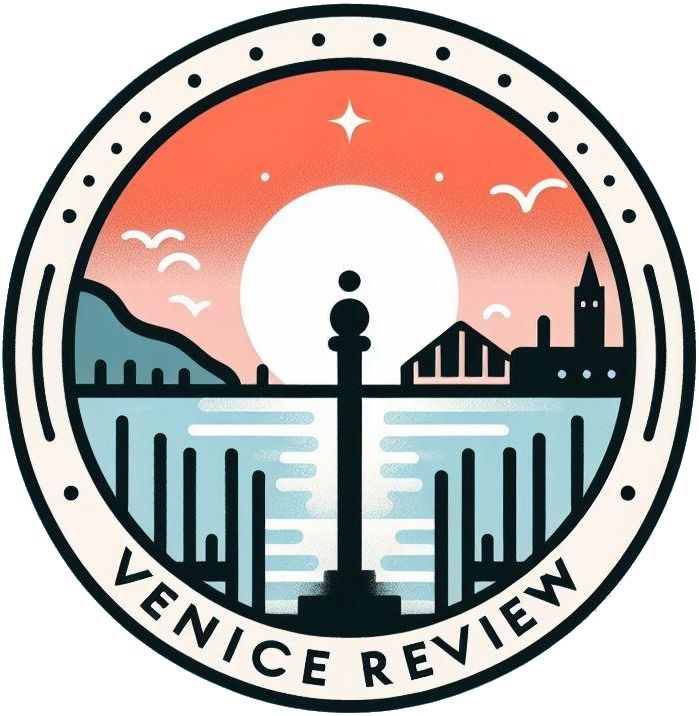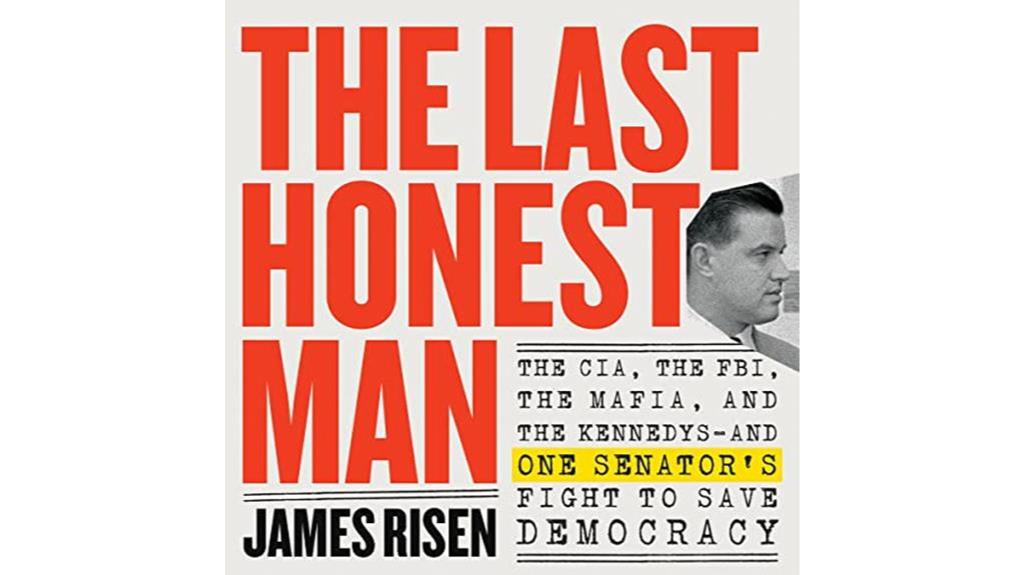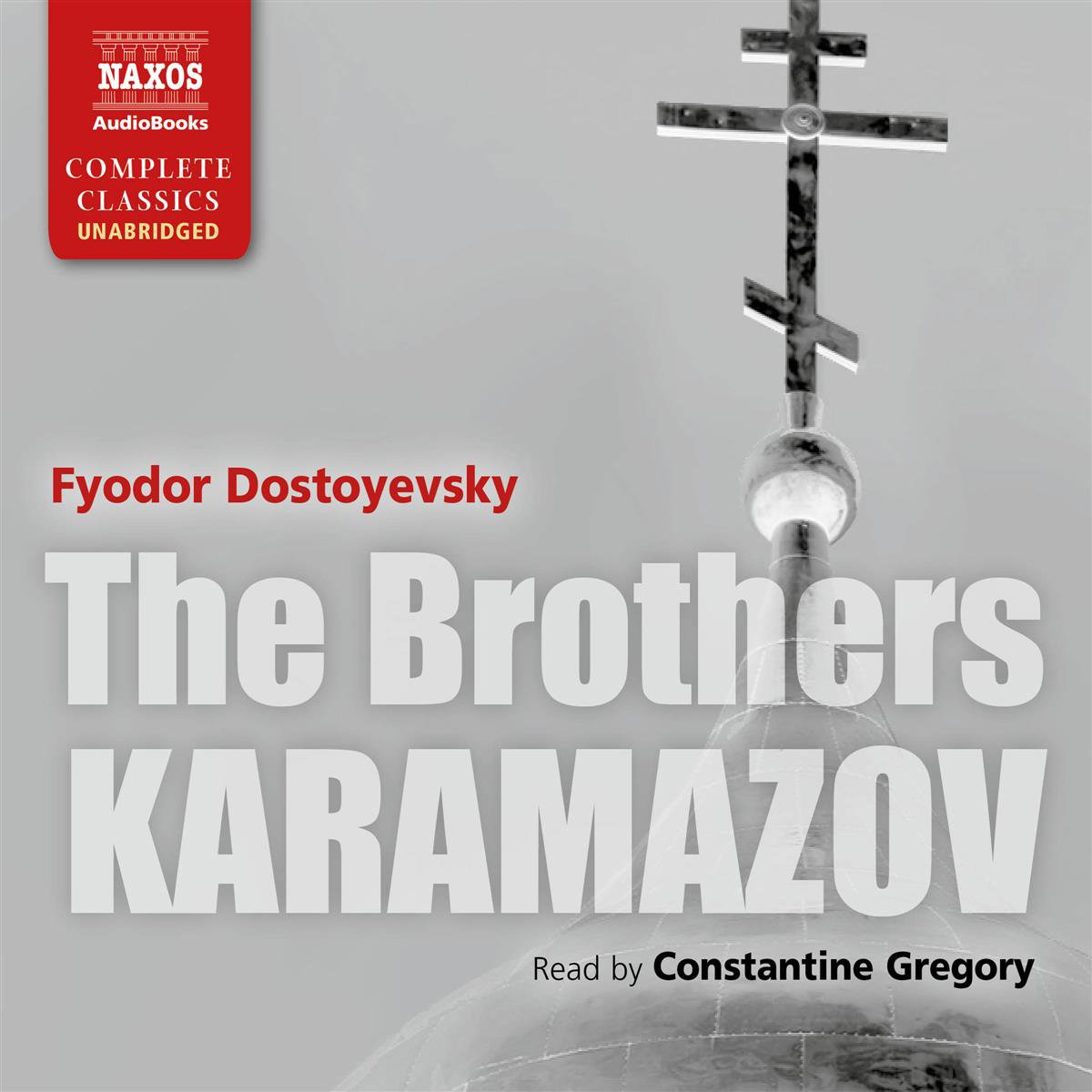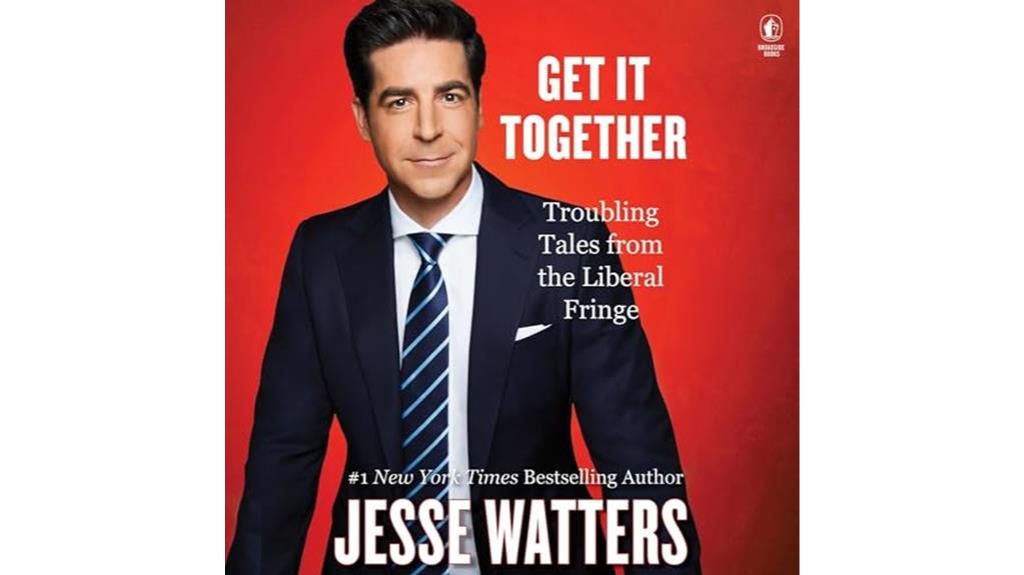The Last Honest Man Review: Government Accountability Unveiled
In "The Last Honest Man" Review: Government Accountability Unveiled, readers are invited to explore the intricate web of political integrity and governmental transparency through the lens of Frank Church's legacy. As the narrative unravels Church's ethical dilemmas and unwavering commitment to uncovering government abuses, it raises thought-provoking questions about the moral compass that should guide those in power. The review serves as a catalyst for contemplating the intricate dance between national security imperatives and the protection of civil liberties, inviting readers to ponder the delicate tightrope that must be walked in the realm of authority.
Plot
The plot of 'The Last Honest Man' revolves around the life and political career of Frank Church, focusing on his pivotal role in uncovering government abuses and advocating for oversight of intelligence agencies.
Through a lens of scrutiny, the narrative delves into Church's relentless pursuit of truth amidst a backdrop of deceit and power struggles. It questions the very essence of democracy and the fragility of accountability in the face of unchecked authority.
The author skillfully weaves together Church's personal struggles with his unwavering dedication to upholding the values of honesty and transparency in governance. As the story unfolds, readers are confronted with the harsh realities of political intrigue and ethical dilemmas, challenging them to reflect on the true meaning of integrity and the consequences of turning a blind eye to injustice.
Narration
With a captivating and immersive style, the narration in 'The Last Honest Man' skillfully transports readers into the tumultuous world of Frank Church's political endeavors. Through vivid descriptions and poignant insights, the author weaves a narrative that delves deep into the complex web of government accountability and the struggles faced by individuals like Church in upholding honesty in the face of power.
The storytelling grips the reader, shedding light on the moral dilemmas and ethical challenges that shaped Church's journey. By painting a vivid picture of the political landscape of the time, the narration prompts reflection on the enduring relevance of Church's legacy in today's world.
It forces one to question the role of honesty and integrity in governance, inviting a critical examination of societal norms and the demands of public service.
Summary
Skillfully weaving together the key elements of Frank Church's impactful legacy and the insights from James Risen's book, the summary encapsulates the enduring significance of Church's commitment to governmental transparency and accountability.
It delves into the profound impact of Church's role in unveiling abuses of power by intelligence agencies, shedding light on the necessity of oversight mechanisms to prevent unchecked authority.
The summary critically examines the controversies surrounding Presidential authorization for covert operations, questioning the ethical boundaries of government actions in the name of national security.
It highlights Church's lasting legacy as a champion of public accountability, emphasizing the importance of his work with the Church Committee in reining in the excesses of the National Security State.
Through a detailed analysis of Church's contributions and the evolution of government intelligence agencies, the summary provokes introspection on the delicate balance between security measures and civil liberties.
Conclusion
In a world where integrity seems scarce and accountability elusive, Frank Church's unwavering dedication to public transparency serves as a beacon of hope. As we navigate the complex landscape of governance and power, his legacy challenges us to question the status quo and uphold the values of honesty and justice.
The Last Honest Man Review: Government Accountability Unveiled not only sheds light on a forgotten hero but also prompts us to reevaluate our own roles in shaping a more ethical society.







